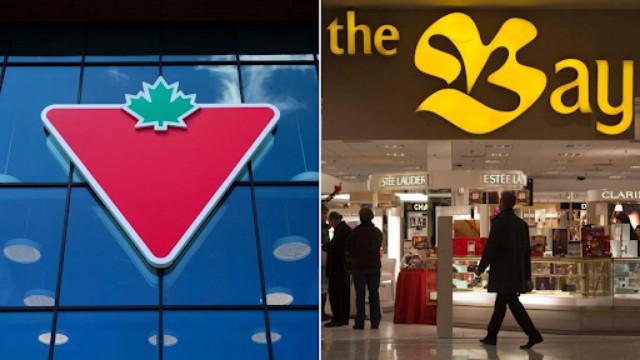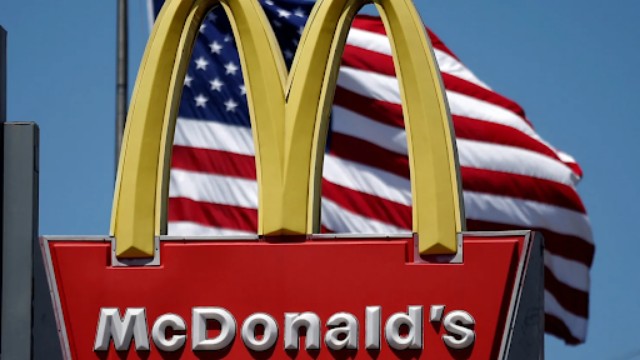
The Nobel memorial prize in economics is awarded to Daron Acemoglu, Simon Johnson and James A Robinson, seen on screen, during a news conference at the Royal Swedish Academy of Sciences in Stockholm, Sweden, on Monday. (Christine Olson/TT News Agency/The Associated Press/CBC News)
On Monday, the Nobel Memorial Prize in Economics was awarded to three economists who have explored the reasons behind the wealth of some nations and the poverty of others, highlighting the importance of free, open societies in fostering prosperity.
Daron Acemoglu, Simon Johnson, and James A. Robinson were recognized for their work showing that strong societal institutions play a key role in a country's success, as noted by the Royal Swedish Academy of Sciences during the announcement in Stockholm. Acemoglu and Johnson are professors at the Massachusetts Institute of Technology (MIT), while Robinson conducts his research at the University of Chicago.
Jakob Svensson, chair of the Committee for the Prize in Economic Sciences, praised the trio’s work, saying it has deepened our understanding of why nations fail or thrive.
Acemoglu, originally from Turkey, expressed surprise at receiving the prize, emphasizing that their research supports democratic institutions. “Democracy is important,” he said, though he acknowledged that implementing it can be challenging and sometimes leads to conflict.
Robinson, in an interview, questioned whether China could maintain its current economic growth under an authoritarian system. He pointed out that history has shown that long-term prosperity is rarely sustained in such environments, citing the Soviet Union as an example. He also emphasized the importance of countries transitioning to inclusive societies, like the United States, which moved from a history of slavery and inequality to one of broader participation.
The three economists are well-known for their 2012 bestseller, Why Nations Fail: The Origins of Power, Prosperity, and Poverty. In it, they explored how differences in institutions, even within the same geographical region, could lead to stark disparities. Their study of Nogales, a city divided by the U.S.-Mexico border, revealed that strong institutions in the U.S. side promoted wealth and stability, in contrast to the challenges faced on the Mexican side.
Acemoglu also voiced concerns over declining public support for democratic institutions in countries like the U.S. and Europe, warning that disillusionment with democracy is growing.
Simon Johnson pointed out that economic challenges, such as globalization and automation, have hurt the middle class, contributing to growing inequality. He warned that how societies manage emerging technologies like AI could significantly impact future economic and political outcomes.















